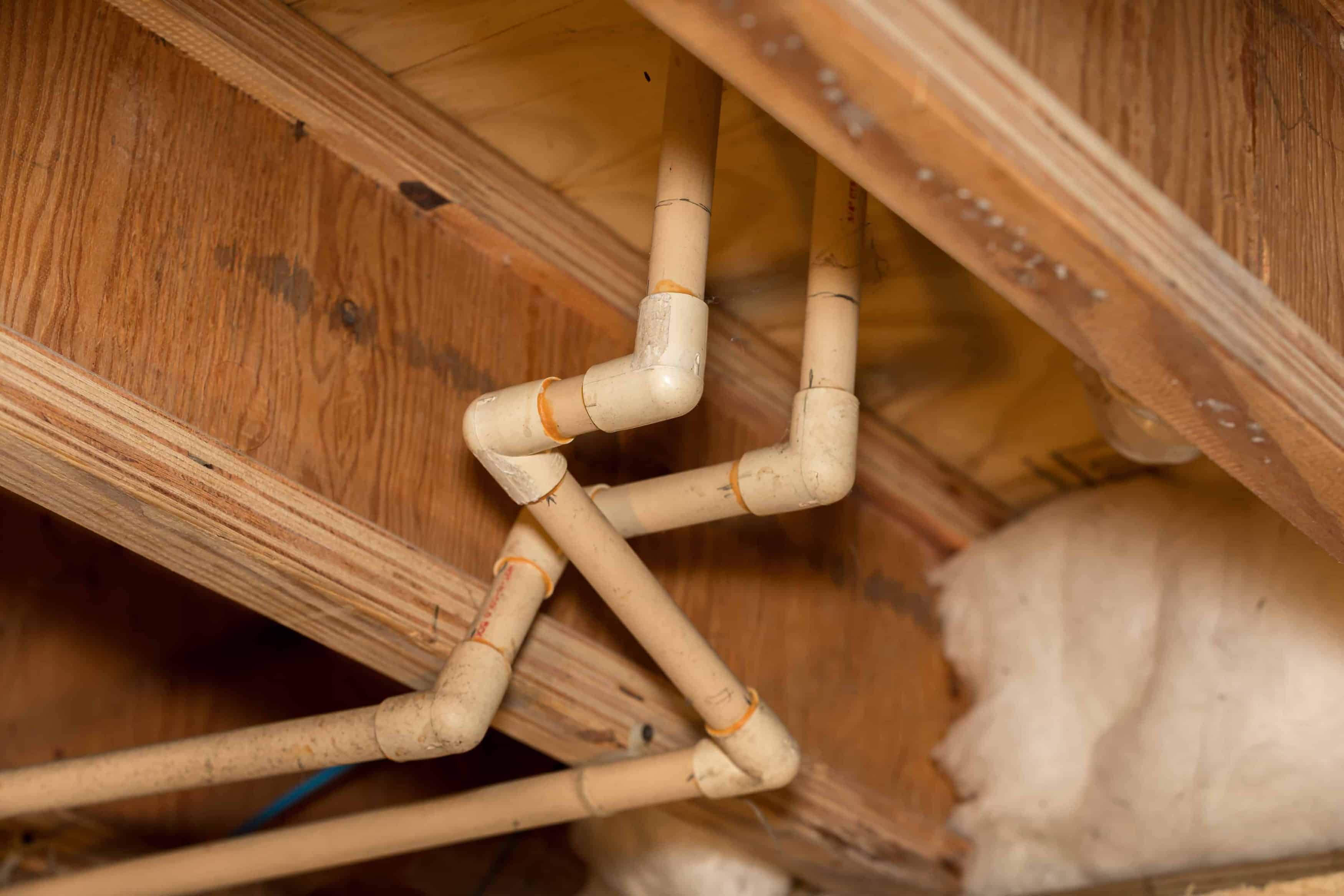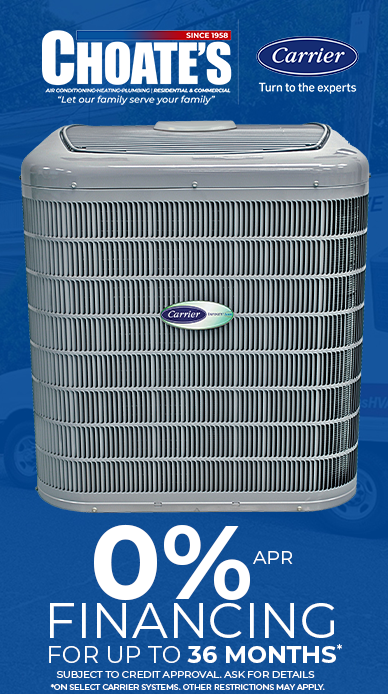901 755 4797
Winter and Bursting Of Pipes, is there any Relationship?
Winter is that time of the year, many look forward to. The weather, the nostalgia feelings are always great. However, it is not without downsides. The winter season also comes with its peculiar problems.
One of the most prominent issues of the winter is the bursting of pipes. For homeowners, this may be more challenging as you are not used to it. Things like that are always being taken care of by the landlords. Well, this is a new reality.
New homeowner or not, more frequent bursting of pipes during winter is an unpleasant reality. And to be honest, you have to cough out your money for damages, expenses, and messes.
Why do Pipe Burst?
So what exactly causes the bursting of pipes? This is a question on many lips.
While the bursting of pipes is not limited to the winter period, it is more rampant during winter. To put it in simple terms, this is caused as a result of temperature change. During the winter, the water coming from outside has a lower temperature compared to the summer months. This colder water causes your pipes to contract and in some cases leads to bursting.
So what should I do?
There are quite a number of things you can do to prevent your pipes from bursting. Below are seven quick precautionary measures you can take.
Keep Water Faucets Running
The pipe freezes as a result of the pressure created between the blockage and the faucet. This pressure eventually leads to the bursting of pipes. To prevent this, keep your faucets running slowly especially when it is cold outside. This will relieve the pressure in the system and prevent it from building up.
When water moves through the system, it prevents the line from freezing. In situations where the faucet is supplied by both hot and cold water pipes, then set a single-handle faucet or open both slightly.
Monitor your Home Temperature/ Keep the Heat On
Monitoring your home temperature is a means to prevent the bursting of pipes. You can monitor the temperature of your home and ensure it doesn’t go below 32 degrees, especially in areas where you have water lines. You can also direct warm air to colder areas of your home.
In situations you’d be leaving the home for a long time, then keep the heat on. Although it might be hard to convince your tenant, especially if they are the ones responsible for the electricity bills. However, you have to make them understand that it is for the greater good. Keeping the heat on will prevent the bursting of pipes and also prevent water damage to their properties.
Leave Your Cabinet Doors Open
Since pipes are usually in cabinets, it will be a good idea to leave the cabinet doors open especially when the temperature drops. Doing this will make the heat from the rest of the house circulate and make your pipe warm. Keep all interior doors open to enable heat flow in your home.
Install Heat Tape
Another effective way to prevent the bursting of pipe is to install heat tape. A heating tape works like an electric blanket for pipes. The heat pipes warm the pipes during the cold weather by supplying heat to the pipes. This has proven to be quite effective and the good thing is that you can install it yourself. Even if you can’t, you can always get experts at Choates to be on the safer side.
Seal up cracks and holes
Another precautionary measure is to seal leaks and cracks that allow cold air into your home.
Check for gaps around holes where the pipes run through the floors or walls. Also check for leaks around electrical wiring, drying vents, etc. To seal the crack, use soapy foam insulation or use Caulk to keep the cold out.
During periods of severe cold, a tiny opening can allow enough cold air that will cause your pipe to freeze.
To make your pipes even more secured, seal holes on both the interior and exterior sides of the wall.
Add Extra Insulation
If your pipe is in a place with no proper insulation, then extra insulation may be needed. This will prevent your pipe from freezing and bursting in the long run. For instance, pipes in the basement or attics may require that you do the extra as regards insulation. If you have freezing problems anywhere in your home, the antidote might be extra insulation. While this is not a 100% guarantee to prevent freezing, using fiberglass or foam rubber will reduce the chances of freezing and bursting. You can also go a step further by adding extra insulation to walls and ceilings.
Get an Expert
Sometimes there are underlying issues that cause the bursting of pipes. This is why you need experts, here at Choates, we are dedicated to fixing any plumbing issue you might have. With us you can be assured you are in the right hands, we have experts who would help you look into your plumbing needs. We are the best you can get and a trial will definitely convince you.


